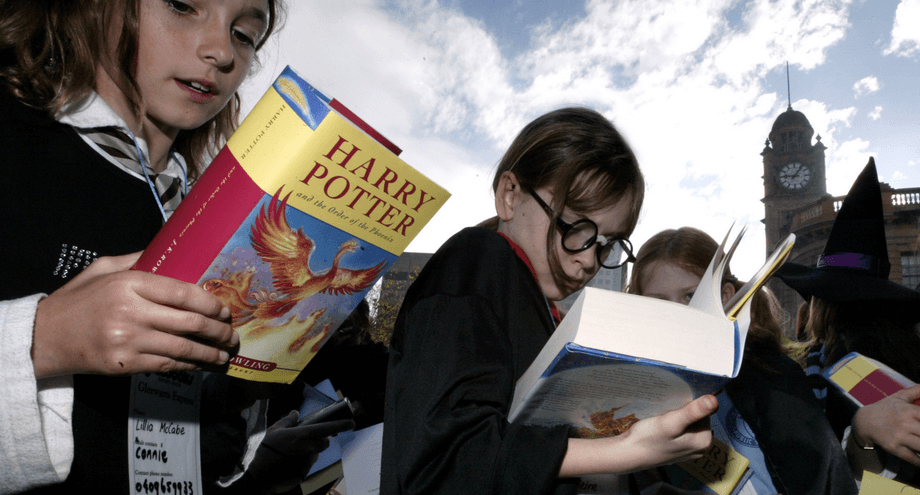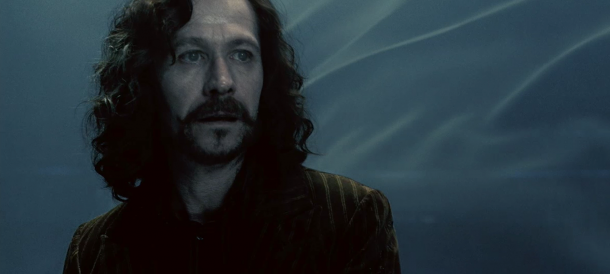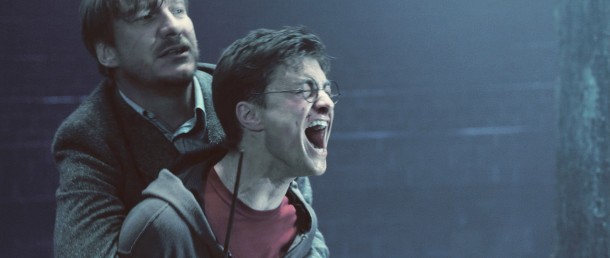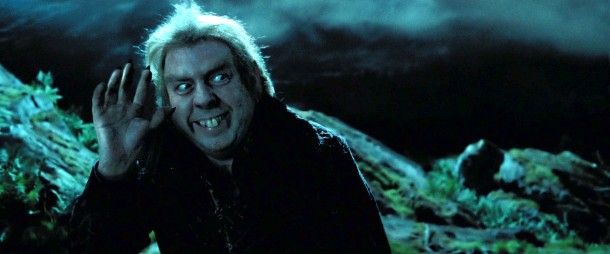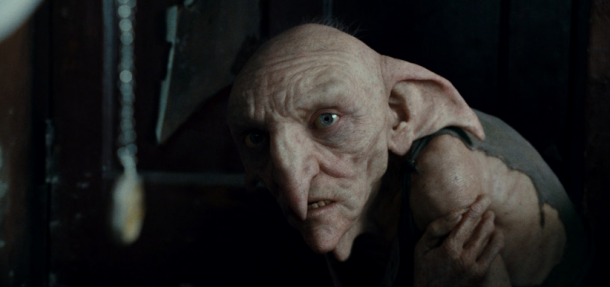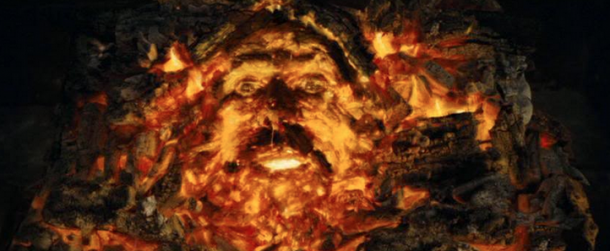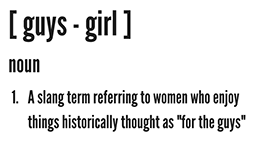Like many of the people who are going to read this, I am part of the Harry Potter Generation. I grew up with Harry and was pretty much of a similar age with him throughout his journey. I felt like his story could be my own, and that I, too, could go to Hogwarts and have lots of adventures with my new magical friends. While I’m 26 now and still haven’t gotten that Hogwarts letter, it makes no difference.
As J.K. Rowling says… “You were all a part of the adventure anyway.”
Reading the books as a child brought me a great means of escape from reality whenever I wanted, which is why I re-read them so often. It taught me a lot about friendship, relationships of all kinds, and helped me to understand that not everyone is always so black and white in their motivations. It brought me into the wizarding world body and soul, and I’m not actually sure I ever left, as my friends and husband will all attest to.
I know that I’m not the only one who feels this way for the Potter universe. That’s why there are things like Pottermore, more movies, and extra books Our Queen J.K. Rowling has written for us to enjoy. With all of the excitement surrounding the Fantastic Beasts movies, I got on a kick last year to re-read my most beloved series, as it had been some time for me.
What I went through was an emotional roller coaster.
But I also realized something. With my new perspective as a 26-year-old, I had a lot of different feelings towards characters and scenes in the books that I hadn’t had before as a pre-teen. I wondered if it was simply because I already knew what was going to happen, or that it was because I’d spent countless hour debating on Internet forums and in real life about the intricacies of certain scenes that I knew them as well as I knew my best friend.
This was not the case. My own experiences in life had shaped my mind so that I was able to appreciate these books in a whole new way, most specifically a scene in Order of the Phoenix that I avoided for about a month.
When I read Sirius Black’s death scene, I vividly remember crying so hard that I couldn’t be consoled. I had to put the book away to try and sort through my emotions and feeling so empathetic toward Harry because of our not-so-large age gap.
Harry just lost the best parental figure in his life, someone who cared so deeply for Harry, his parents, and all of his friends. Sirius’ death was a blow to Harry’s childhood, a marker of sorts of his being forced to grow up. His death came barely even two years after Harry had been allowed, in a way, to be a kid again with his newly found guardian. Harry had been able to reconnect to the past and his parents through Sirius and Remus Lupin in Prisoner of Azkaban and was starting to understand himself more through them.
This to me was a barely fathomable loss on Harry’s part at the time, and I was just as irate at Dumbledore with Harry when he began destroying the headmaster’s things in his office. I couldn’t forgive Rowling for this indiscretion for a long time, but I faithfully re-read all the books again before Half-Blood Prince came out in 2005.
Nine years later, I finally forced myself to pick up Order of the Phoenix once again and read the ending of the book. I made myself read Sirius’ death scene in its entirety.
I didn’t cry. I didn’t even pause when Remus restrained Harry to keep him from following Sirius beyond the veil.
I wondered if it was because the shock of Sirius’ death wasn’t as powerful because I knew it was going to happen. But after thinking about it momentarily, I decided that wasn’t it. My thoughts on Sirius as a potential caretaker and guardian to Harry had changed drastically as I’d grown into adulthood.
This is not to say that I did not still feel bad for Sirius dying, because I did. But my perspective upon him as an adult, as someone who was responsible for another’s life—specifically the life of his best friend’s son—had forever changed after reading this scene again, and really the entirety of the book, and even further back.
When Harry, Ron, and Hermione first encounter Sirius, it is in his dog Animagus form. Sirius takes Ron back to the Shrieking Shack via the Whomping Willow in the hopes of getting to Peter Pettigrew. Because of his monomania, Sirius loses his senses and forgets that, because Harry is so much like James, that he will want to follow. Sirius puts Harry and his friends in danger upon their first meeting.
On the positive, he does agree to Harry’s decision not to kill Pettigrew, which shows that he trusts Harry’s judgement even at his young age, which is a feat not many adults can accomplish in the real world, let alone a magical one.
Sirius was prone to mood swings throughout Phoenix, and given his situation it is understandable. But if you want to prove yourself to be a fit parental figure, you have to sometimes set aside your own feelings so that the child in your care does not needlessly worry for you, or so that you don’t set a bad example. And while I appreciate that he was under great stress himself, he also needed to realize that showing this was going to get back to Harry and affect him in a negative way.
Another reason for my change in perspective of Sirius is actually very Hermione-esque. As a child, when I read Sirius’ cruelty toward Kreacher, I felt as though he were justified. I understood his anger and it felt as though Kreacher was getting his just desserts.
But when I was older and looking upon these scenes of cruelty, my mouth wouldn’t let up from a frown of disapproval down at the page. Kreacher was someone to be pitied for his long years alone in the house and for his being brainwashed by Mrs. Black to be as miserable as he was. Sirius acting like this in front of Harry did not set a great example for his godson.
I thought it interesting that one of the quotes people pull to showcase Sirius’ good sense is from the previous book, Goblet of Fire, in which Hermione is appalled by Barty Crouch’s treatment of his own house-elf, and Sirius agrees that it is a character defect. He then tells her, “If you want to know what a man’s like, take a good look at how he treats his inferiors, not his equals.” This is particularly telling, because Sirius goes back on his own words in this regard. Kreacher is not his equal; in fact, Kreacher is essentially the Blacks’ slave. He of all creatures should be treated well, if Sirius’ statement about Crouch is any indication.
It is well known that Sirius and Severus Snape never got along, even when they were in school. However, Remus Lupin and Snape seemed to be at least stiffly polite to one another, and Remus did not rise to any of Snape’s challenges or verbal insults. Sirius, on the other hand, can’t let anything go, as he still sees Snape as being below him and someone to be hated. There is one thing Harry and Sirius have in common in Phoenix, and that is their temper (as evidenced by the prodigious use of the Caps Lock button throughout the book).
To set a better example for Harry, in my mind, would mean to show him that everyone has the ability to hold back their anger and set aside former grievances in order to grow as a person. This would have been especially helpful in Harry’s case, as his hatred of Draco Malfoy was nearly as great as Sirius’ hatred of Snape. However, Sirius once more did not set the best of examples for Harry in this regard, and while it is something that I went with him on as a child, as an adult I realize how harmful that could have been for Harry.
Sirius claimed to know the difference between Harry and his father, James, but that clearly wasn’t the case, as throughout the two books he’s in he refers to Harry as James a couple of times, and is really more trying to be his friend than anything. In fact, earlier in Phoenix, when Sirius and Harry were communicating through the fireplace in the Gryffindor Common Room, Sirius tells his godson, “’You’re a lot less like your father than I thought,’ he said finally, a definite coolness in his voice. ‘The risk would’ve been what made it fun for James.’”
Coolness is the word I focused on in that sentence, because it’s a very distancing word. It makes it seem as though Sirius is disappointed. He was looking for a spark of his friend in his godson, despite the fact that this would put him in danger. Sirius is looking for someone to have fun with, not to parent. This is another telling line that told me as a reader that Sirius was not prepared for his role as an adult in charge of the well-being of a child.
Sirius made half-attempts at protecting Harry during the Battle at the Department of Mysteries, allowing Harry to stay on in the fray instead of persuading him to take his friends and leave. I didn’t like that Sirius wasn’t trying to keep Harry away from the danger, and was instead almost egging him on to duel grow wizards and witches, dangerous Death Eaters who had no qualms about using Unforgivable Curses.
Sirius Black was not a bad person, just not one that I believe had the best abilities suited for giving Harry what he really needed: a father figure. And because of my different experiences as a young adult, I see him in a much different light that I did as someone Harry’s age. Then, he was the “cool” parent, but as real life shows, the “cool” parents are not always the best.
Once again, the Potter books have hammered home the fact that not every person you meet is completely good or bad. They all have qualities that make them unique to themselves for better or worse. Sirius was overall a caring person to those he loved, and it is very clear that he cares for Harry. However, that doesn’t mean that he was the best suited to take care of anyone, much less a kid in need of a father.
Re-reading the series as an adult has shed light onto just how much I’ve grown up past these characters on the pages. While I still love them and I still had a great time experiencing the adventures once again, I’ve enjoyed it in a different manner than I once did. I marvel at how well Rowling was able to appeal to a child’s sense of wonder while also creating characters that are so realistic that adults even have a hard time agreeing on their motivations and whether or not they were “good” or “bad.”
That is the beauty of the Potter books, though. No matter at what age you begin or restart your adventure, there’s always something new to discover. You can have spirited arguments over just about anything in the series, and everyone is bound to have their own opinions.
But there is one thing about the series that everyone will always agree upon. There is no more hated character than Dolores Umbridge.

